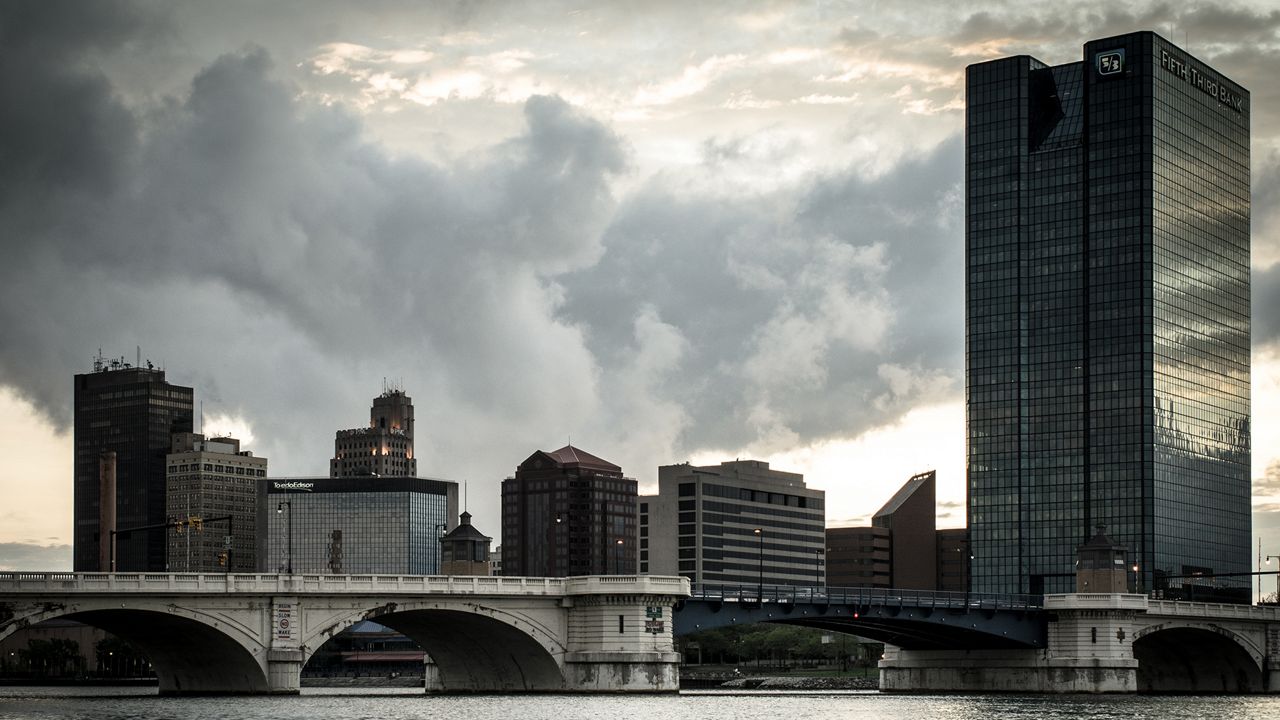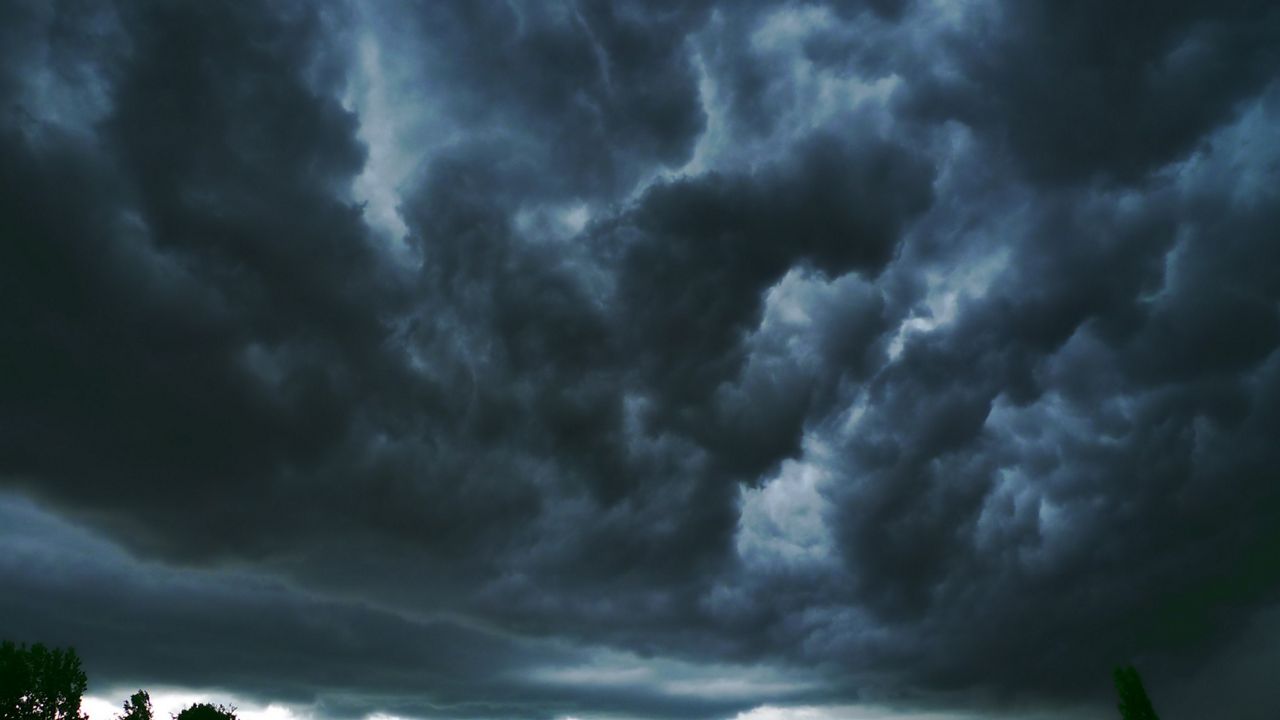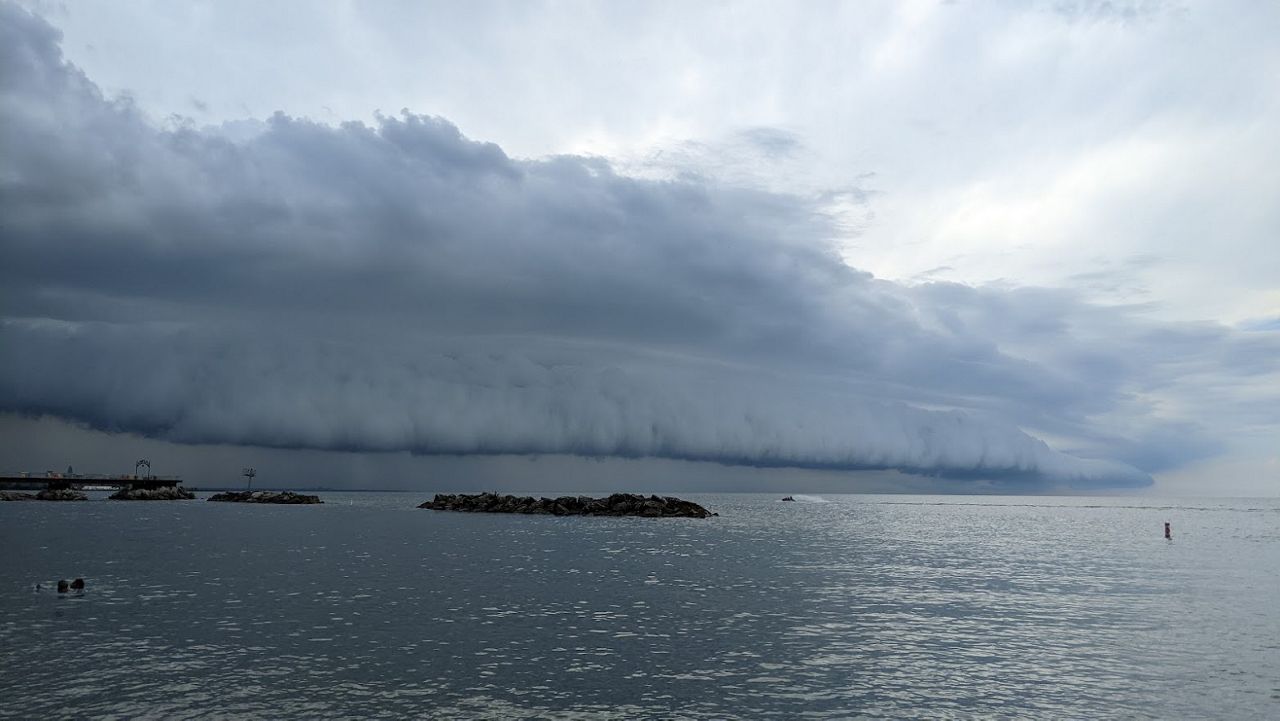COLUMBUS, Ohio — Free speech involves the right of citizens to speak out on most topics they feel strongly about.
While some look to universities as very tolerant of speech, Dan Kobil, a professor of law at Capital University, said the lines get blurred when universities have codes of conduct and rules in place.
Regarding the protests at Ohio State University this past week, a university spokesperson told Spectrum News 1 that university policy prohibits the disruption of the university mission, administrative functions and campus activities.
University officials also released the following statement Thursday night:
“Well established university rules prohibit camping and overnight events. Demonstrators exercised their First Amendment rights for several hours and were then instructed to disperse. Individuals who refused to leave after multiple warnings were arrested and charged with criminal trespass.”
Kobil said many protestors believe that an arrest in violation of what they believe to be an unjust law or an arrest that happens while they’re getting their message out is worth it.
“One of the things we have to remember is that societal change has only occurred in this country in response to outspoken advocacy,” Kobil said. “That is the only way in which people often can persuade others. That's how the civil rights movement occurred. That's how the Black Lives Matter protests brought attention to disparities in law enforcement and that is also one of the things that these protesters are attempting to do with regard to the plight of Palestinians.”
Kobil said after protestors are arrested, the next step is for prosecutors to decide if they want to move forward and whether the university authorizes the police to press charges against the protestors.
“Prosecutors often will look at the facts that the police bring to them and say, 'I don't think you could have arrested this person,'” Kobil said. “'I think this was not something that was a violation of the law,' and they might decide not to go forward. That's what happened in Texas. In Texas, they arrested a large number of students, but most of the students had their charges dismissed because prosecutors looked at it and said we can't prosecute something like this, that would be a violation of the Constitution.”
The ACLU of Ohio said the whole process, from arrest to release on bail, should take about 24 to 36 hours.
A Franklin County Municipal Court clerk told Spectrum News they planned to hear arraignments at 9 a.m. Saturday for some of the students arrested at Ohio State University Thursday night.









